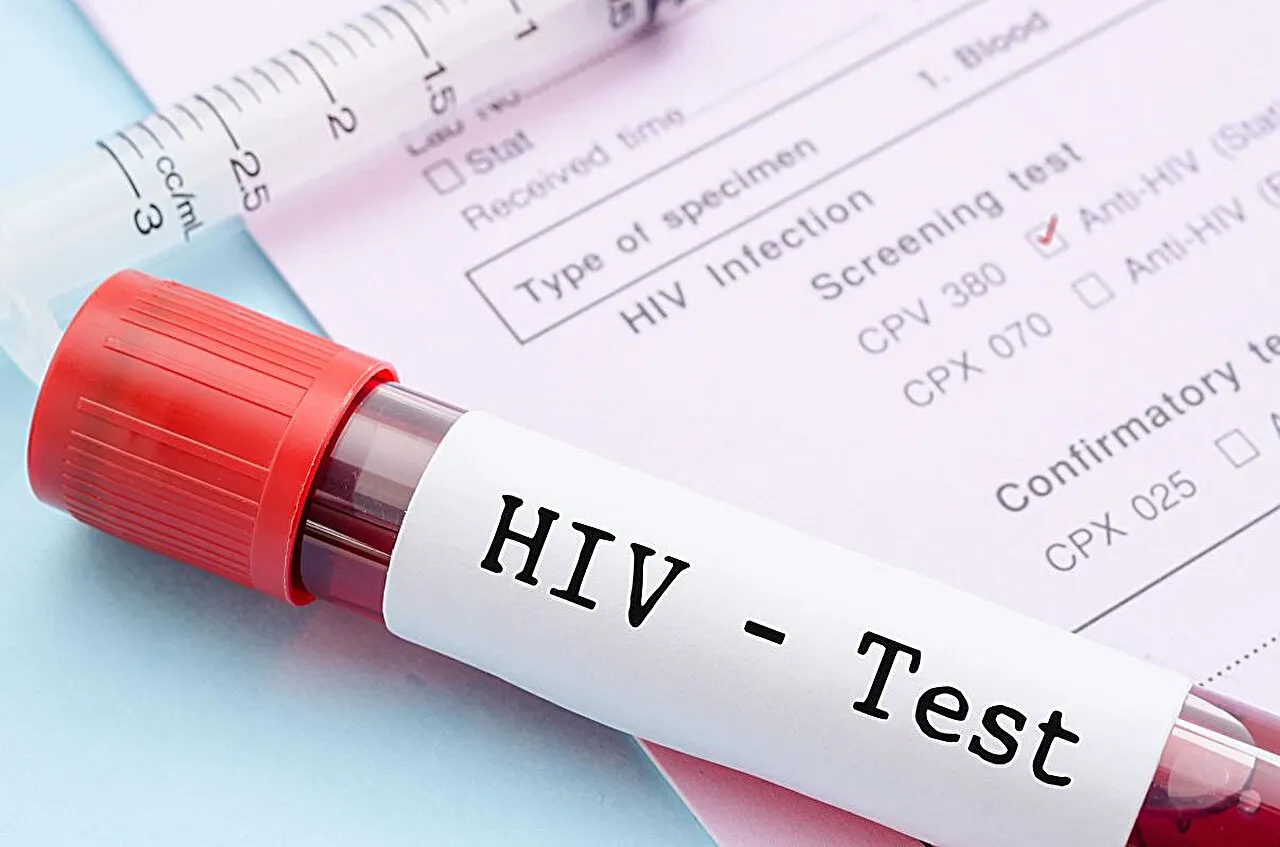Health Research News: How a Twice-Yearly Injection Can Greatly Reduce HIV Risk

Recent Advancements in Health Science
In recent health research news, a groundbreaking study reveals that a twice-yearly injection could reduce the risk of HIV infection by an astounding 96%. This remarkable finding emphasizes the strides made in medicine research aimed at improving public health outcomes.
Understanding the Impact of the Injection
This new medication provides a practical solution for individuals at high risk of contracting HIV. The injection's effectiveness not only raises hope but prompts a discussion about its accessibility and affordability across different populations.
Key Points in Medicine Science
- Injected every six months for sustained protection.
- Reduces risk by 96% in clinical trials.
- Provides an alternative to daily prevention methods.
Future of Health Research
This development in health research reaffirms the importance of ongoing investment in medicine science. As healthcare continues to innovate, it's crucial to ensure that these advancements are accessible to at-risk populations.
Disclaimer: The information provided on this site is for informational purposes only and is not intended as medical advice. We are not responsible for any actions taken based on the content of this site. Always consult a qualified healthcare provider for medical advice, diagnosis, and treatment. We source our news from reputable sources and provide links to the original articles. We do not endorse or assume responsibility for the accuracy of the information contained in external sources.
This article was prepared using information from open sources in accordance with the principles of Ethical Policy. The editorial team is not responsible for absolute accuracy, as it relies on data from the sources referenced.